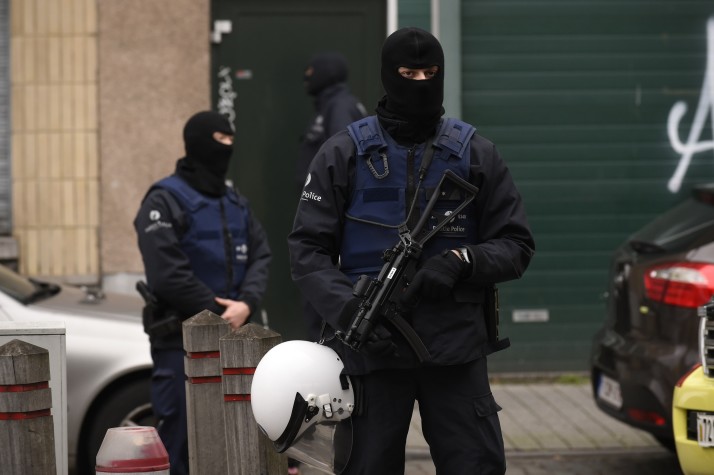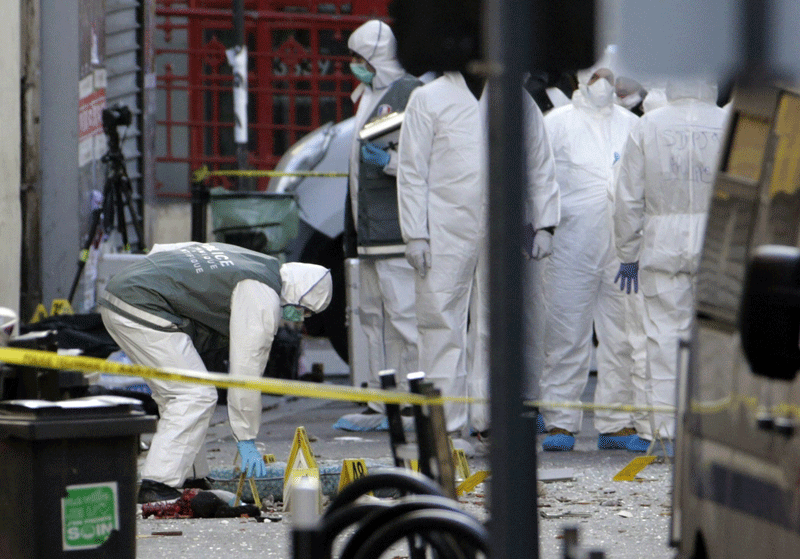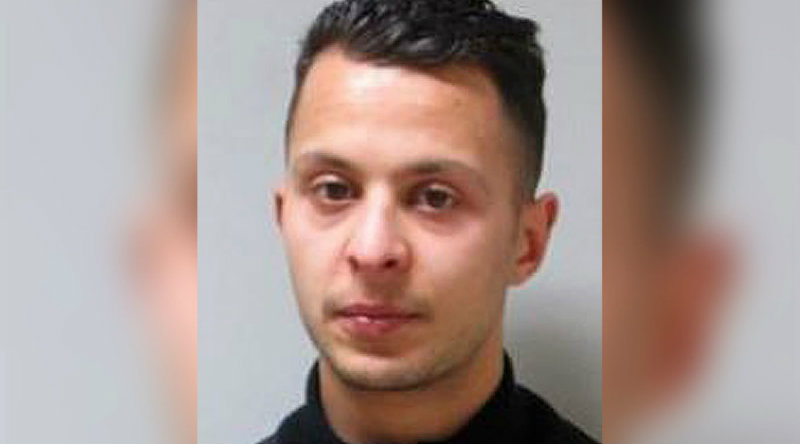BRUSSELS, Belgium (Web Desk) – Yves Bogaerts, the Mechelen chief of police, personally intervened to stop information being entered into a national terrorism database that could have led to the capture of Paris terror suspect Salah Abdeslam in December, local media reported on Tuesday.
A former employee of the police department, a radicalization expert identified as “X,” tipped off the Mechelen police about a relative of Abdeslam who he feared had become radicalized. That relative was Abid Aberkan, who was hiding Abdeslam at his apartment in Rue des Quatre-Vents, Molenbeek.
 But Bogaerts deemed the information “unreliable” and personally intervened to stop it from being entered into the national terrorism database, the Gazet van Antwerpen reports.
But Bogaerts deemed the information “unreliable” and personally intervened to stop it from being entered into the national terrorism database, the Gazet van Antwerpen reports.
The paper quotes an unnamed colleague of the men, who claims Bogaerts did so because he “could not stand X.”
Bogaerts previously denied the Mechelen police had held back the information on purpose and claimed a member of his team had simply made a “mistake.”
“Unfortunately, a mistake has been made within my team,” Bogaerts said at a press conference in March. “(A) colleague … forgot to pass on the information of the dossier.”
“No information was deliberately withheld,” he added.
Abdeslam fled Paris after the November 2015 attacks and was arrested in Brussels four days before the March 22 Belgian bombings. His arrest followed a months-long manhunt by international security forces.
An independent police watchdog appointed by the Belgian federal parliament, known as Comité P, is investigating the Mechelen police department’s failure to pass on the tip about Abdeslam’s suspected hide-out for three months.

The Paris attacks were a series of coordinated terrorist attacks carried out in Paris and its northern suburb, Saint-Denis. On 13 November 2015, three suicide bombers struck near the Stade de France in Saint-Denis, followed by suicide bombings and mass shootings at cafés, restaurants and a music venue in central Paris.
Read more: France declares emergency after 130 people killed in Paris terror attacks
The attackers killed 130 people, including 89 at the Bataclan theatre, where they took hostages before engaging in a stand-off with police. Another 368 people were injured, 80–99 seriously. Seven of the attackers also died while authorities continued the search for accomplices.

The attacks were the deadliest on France since World War II, and the deadliest in the European Union since the Madrid train bombings in 2004.














